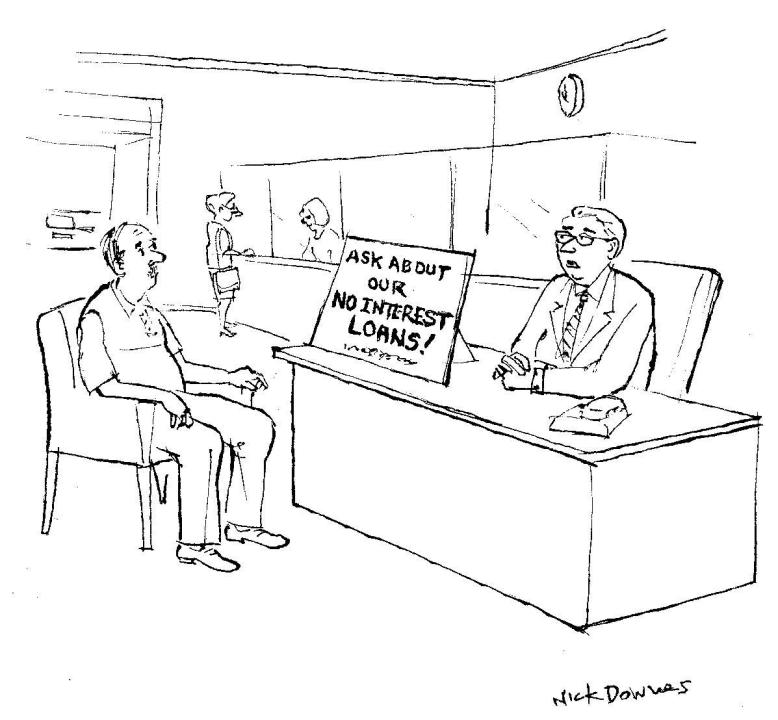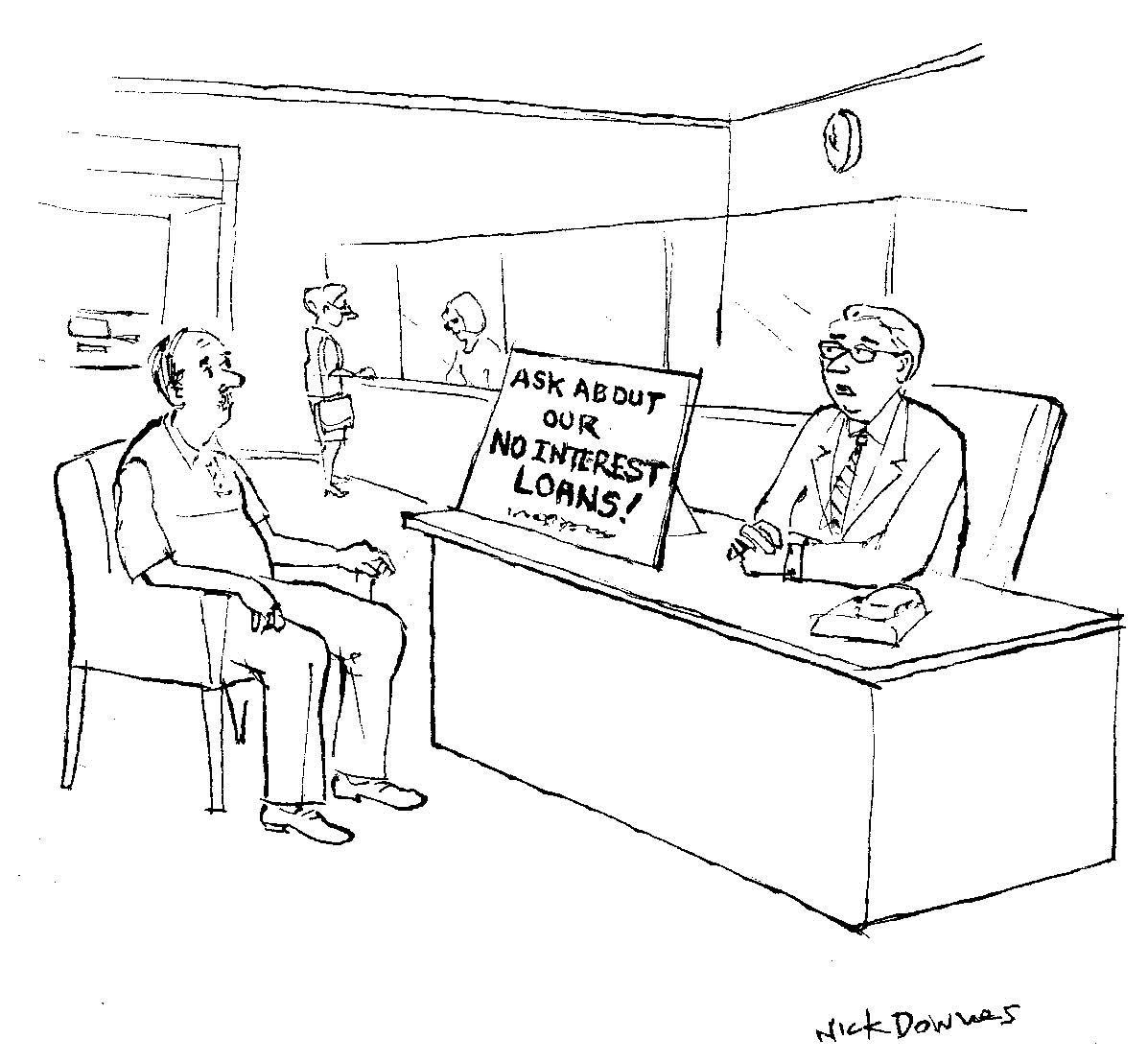Only over the past two or three weeks has the horse-racing community turned its attention to jumping but the National Hunt world has not been standing still. When Flat racing ended at Doncaster on 5 November, the racing phenomenon known as A.P. McCoy had already ridden 115 winners in the jumping season, which still has five months to go, while his perpetual pursuer Richard Johnson was on 88. Sadly, the same day came a stark reminder of the perils of the winter trade. If this is A.P.’s year, cemented by the great wave of public admiration and affection that greeted McCoy’s Grand National victory on Don’t Push It, it certainly hasn’t been Ruby Walsh’s year.
Just two races before McCoy rode Don’t Push It to victory in April, Ruby broke his arm badly in a fall from Celestial Halo. He was not back riding until August. On 5 November, no sooner had Ireland’s champion jockey ridden former Gold Cup winner Kauto Star to victory on his seasonal comeback at Down Royal than he had a horrific fall on Corrick Bridge in a handicap chase, suffering a double fracture of his leg which will again keep him out of the saddle for months; at the time of year that will really hurt.
It is tough for Ruby and tricky for Paul Nicholls and Willie Mullins, the champion trainers in the two countries for whom Ruby is the first-choice rider, but at least we racegoers can give ourselves a reminder of what we will be missing with the rider’s recently published book Ruby: The Autobiography (Orion, £18.99). Forget, he suggests, what you see in the stands.
The rides that stand out to the naked eye are naturally the exciting ones, races where a jockey keeps working on a horse and gets it up on the line to win and everybody turns round and says fair play to him. But most of race-riding is actually in your head. It’s a series of mental tasks rather than one huge physical one and brains will beat brawn every time if you use them the right way. Your physical strength might only win you one race in a hundred, if that …it’s in your head that you can have the greatest effect as a jockey It’s not so much the ability to control a horse mentally either. It’s more the ability to keep the horse relaxed for as long as possible, to save as much energy as it possibly can.
The jockey’s job, says Ruby, is using his judgment to determine when to release that conserved energy. In another passage he explains why jockeys don’t get pulled hamstrings or strained quads: in other sports fitness is all about stretching the muscles, riding horses is all about muscle compaction. ‘When you are riding a horse the key is not to move …you’re trying to achieve a stillness on a horse’s back so you can manipulate him the way you want.’ Physics determines that a ten-and-a-half-stone man can’t use brute strength to force a half-ton horse to do his will: ‘You have to do it subtly: you have to get the knack of holding them and settling them and trying not to give mixed signals.’
Talk to their former colleagues such as Mick Fitzgerald or Richard Dunwoody and they will point to the differences in style between the quieter Ruby Walsh and the more obviously active and unbelievably determined McCoy. If you had to have your last fiver on a horse, says Mick, it would go on A.P. for that reason. Both, however, are at the peak of their powers and a joy to watch. What we can hope is that, while Ruby waits, his great friend A.P. can this year garner the award that should have been his many years ago, that of BBC Sports Personality of the Year.
Timeform’s invaluable guide to picking current-season winners, Chasers and Hurdlers 2009–10, reminds us, too, this year that no racing personality has ever won the award, not even Lester Piggott or Frankie Dettori in the year of his ‘magnificent seven’. So if you have ever thrilled to the action on a jumping racecourse, please help to correct that injustice with a vote for him this year. As a beautifully illustrated chronicle by Brough Scott (McCoy, Racing Post, £20) reminds us, A.P. puts his body through every kind of pain and deprivation to ride at a weight impossible for his frame, he goes to small meetings as well as the glamour courses, he never fails to give a horse the best possible chance and he has absolutely no airs and graces. To be champion jockey for 15 years in a row in a sport that makes such demands is nothing short of miraculous, and yet such is the straightness of the man that there is not a weighing-room colleague who resents his success. For racing’s sake, and for his own, he deserves this prize.
Frankincense and More: the biography of Barry Hills, by Robin Oakley, is published by the Racing Post.







Comments